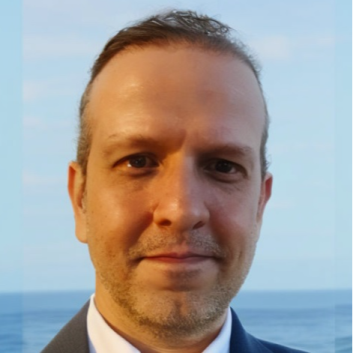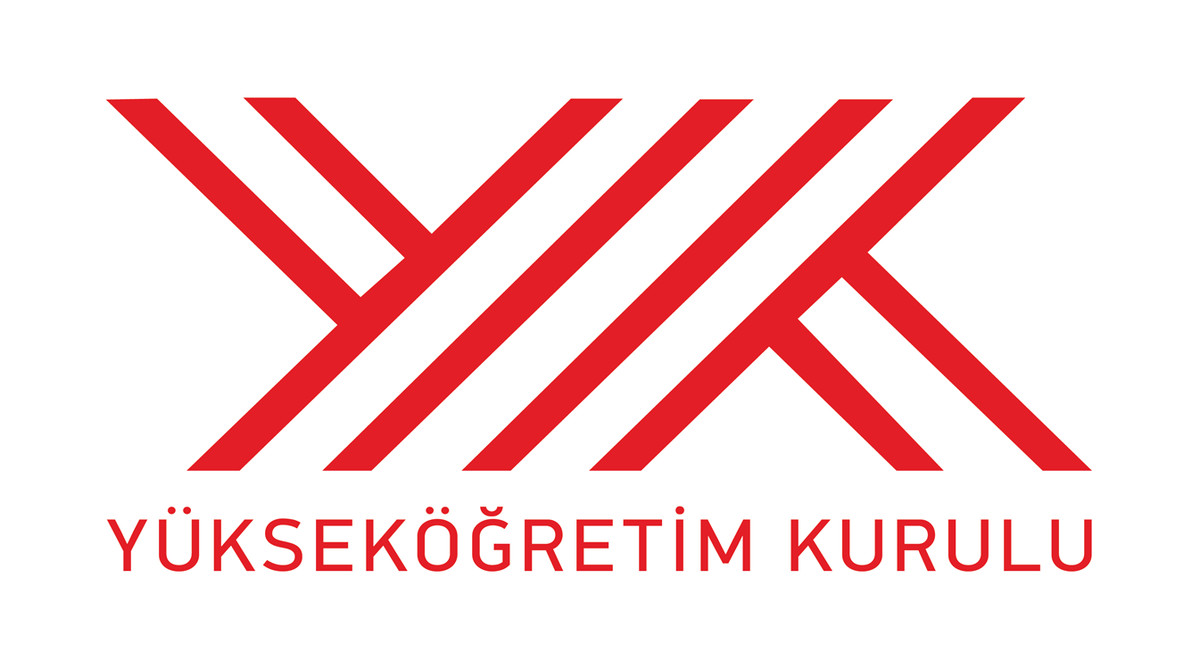Sunum 2
VİDEO LİNKİ
Musical Colors in Istanbul's Places of Worship - YouTube
Bu video, İstanbul'daki Müslümanlar, Yahudiler, Süryaniler, Rum Ortodokslar, Ermeniler ve Presbiteryenler dahil olmak üzere çeşitli dini toplulukların müzik geleneklerini araştırıyor. İbadet yerlerinde kullanılan musiki tonlarında benzerlikler bulunurken, litürjik metinlerin okunuşunda, özellikle kutsal kitap metinlerinin okunuş makamında önemli farklılıklar vardır. Her topluluğun kendine özgü müzik gelenekleri olmakla birlikte ilahilerde söylenen ezgilerde kullanılan makam yaklaşımları, ritmik yapılar, yöntemler, ses kullanımı ve nota yöntemlerinde de teknik benzerlikler bulunmaktadır.
videonun tam metni aşağıdaki linkten indirilebilir
https://drive.google.com/file/d/16u2Y...
iletişim bilgileri
http://www.safayeprem.com/iletisim/
VİDEO LİNKİ
Akademik Projelerde Yapay Zeka Kullanımı İçin Pratik İpuçları - YouTube
Merhaba dostlar,
Bugün sizlerle yapay zeka teknolojileriyle akademik projelerinizi daha verimli hale getirmenize yardımcı olacak bir video paylaşıyoruz. Yapay zeka kullanımı son yıllarda oldukça popüler hale geldi ve öğrenciler arasında da oldukça merak edilen bir konu haline geldi. Fakat biliyoruz ki, yeni teknolojiler öğrenmek bazen zor olabiliyor. Bu nedenle, sizlerle yapay zeka kullanarak akademik projelerinizi nasıl daha verimli hale getirebileceğinizi paylaşacağız.
Videomuzda, yapay zeka teknolojilerinin temel bilgileri, en yaygın kullanılan algoritmalar ve nasıl erişebileceğinize dair temel adımlar hakkında konuşacağız. Ayrıca, öğrencilerin ve araştırmacıların yapay zeka teknolojilerini daha iyi anlamalarına yardımcı olmak için pratik ipuçları da paylaşacağız.
Bu video, bizimle aynı merakı paylaşan öğrencilerin ve araştırmacıların yapay zeka teknolojileri hakkında daha fazla bilgi edinmelerine ve projelerinde bu teknolojileri daha verimli kullanmalarına yardımcı olacak. Eğer siz de bu konuda meraklıysanız, hemen izleyin ve yapay zeka projelerinizdeki potansiyelinizi keşfedin.
Ayrıca belirmek isteriz ki; bu videoda ana fikir ve konu seçimi dışında bütünüyle yapay zeka teknolojisi kullanılmıştır. Fikrin işlenmesinde doğal dil işleme teknolojisi "ChatGPT", ve seslendirme ve video oluşturması aşamasında görüntü işleme teknolojisi "Elai" kullanılmıştır.
Ve unutmayın, bizimle birlikte bu videoda kullanılan yapay zeka teknolojileri de doğru bir şekilde kullanıldığında projelerinize büyük katkı sağlayabilir. Bizimle paylaşacağınız yorumlarınızı da heyecanla bekliyoruz!
Benimle aşağıdaki linki kullanarak bağlantı kurabilirsiniz.
http://www.safayeprem.com/iletisim/
Hoşça kalın !
Prof.Dr.M.Safa YEPREM
http://www.safayeprem.com/
Diğer 1
VİDEO KANALINA ERİŞİM LİNKİ
Türk Müziğinde Solfej Çalışmaları
Türk müziği geleneğinde, Avrupa müziğindekine benzer “sistemli” bir nota okuma ve yazma geleneğinin bulunmayışı, batı medeniyetiyle etkileşimin arttığı devirlerden bu yana artan oranda eksikliği hissedilir bir “problem” olarak müzik hayatımızda yerini almıştır. Bu “eksikliğin” (ki hala tartışılmakta…) giderilmesi adına, özellikle yakın tarihte Avrupa müzik geleneğinden azami ölçüde faydalanılmış olsa da zaman içinde bu yaklaşımların – “yazılı müzik kültürü” reflekslerinde önemli farklar bulunan Türk Musikisi alanı için – bir kapsayıcılığının olmadığı ve/veya olamayacağı sonucunu zihinlerimizde oluşmuştur.
Ülkemizde özellikle akademik çevreler, uzun yıllar boyunca bu sorunsal üzerine yoğunlaşarak çeşitli çözüm yolları geliştirme çabalarına girişmiş ve bu müzik alanının “sistemleştirilmesi” adına önemli mesafeler kat etmişlerdir. Bu projedeki çalışmalar, tek başına uygulaması durumunda bütünleyici bir çözüm getiremeyen nazari sistemleri aynı anda “pratik” olarak kullandırmaya yönelik yaklaşımları içermektedir. Ortaya konulan çalışmalarda, solfej egzersizlerinin her biri solmizasyon, harflerle okuma ve rakamsal okuma üslubuyla işlenmiş, ayrıca derece algısına dayalı duyumu görsel olarak desteklemeye yönelik el sembolleri kullanılmıştır. Özel müzik öğretim yöntemleri arasında Dalcrose ve Kodally sistemleri gibi çeşitli sistematik yaklaşımlar arasında notaların veya aralıkların kolay olarak ifade edilmesini sağlayan el sembollerinin kullanıldığı bilinmektedir. Ancak bu sistemlerin, Avrupa müziği bağlamında değerlendirilmesi durumunda, “anlamlı” olduğu gözlemine binaen, Türk musikisinin transpozisyona yatkın yapısını göz önünde bulundurarak “yeni bir el sembol sistemi” geliştirilmesi gereği hissedilmiştir. Dolayısıyla bu projedeki, batı müziği geleneği ile hareket ederek tespit etmekte güçlük çektiğimiz pek çok müzikal detay ile; musikimizin nazari olarak elastikiyetini kaybettirmeden öğretilmesi adına önemli bir adım atılmış olacağını düşünüyorum. Ayrıca solmizasyon, harf ve rakam sistemlerinin bir öğretim yöntemi olarak eş zamanlı olarak kullanılıyor olması, türk müziği algısının, kendi kültürel coğrafyasının yanı sıra bu sistemleri kullanan Avrupa ve Amerika kıtalarındaki bütün ülkelerde rahatlıkla uygulama alanı oluşturacağı söylenebilir. Türk musikisinin sanatsal, sosyal ve bilhassa tarihi derinliğinin bütün dünyaya tanıtılması adına bu çapta bir adımın atılması hususunda çok geç kalındığı kanaatindeyim.
Proje videolarının hazırlık sürecinde emeği geçen, tanburi üstadımız Özata Ayan, vokal seslendirme ve sound editing konularında Prof. Dr. Başak Harmancı, kamera çekimleri için Hasan Kılıç, ses,kayıt ,edit, mix ve mastering için İlhan Harmancı, görüntü montajları için Tolga Gülen’e ve Gürkan Atılgan’a sonsuz teşekkürler. Umulur ki bu projedeki çalışmaların oluşturacağı elastik müzikal hareket kabiliyeti ile uzun yıllar musikinin içinde gerçek anlamıyla okur yazar bir birey olarak kalma imkanına erişirsiniz. Çalışmalarınızda kolaylık ve başarılar dilerim.
Prof.Dr.M.Safa YEPREM
http://www.safayeprem.com





